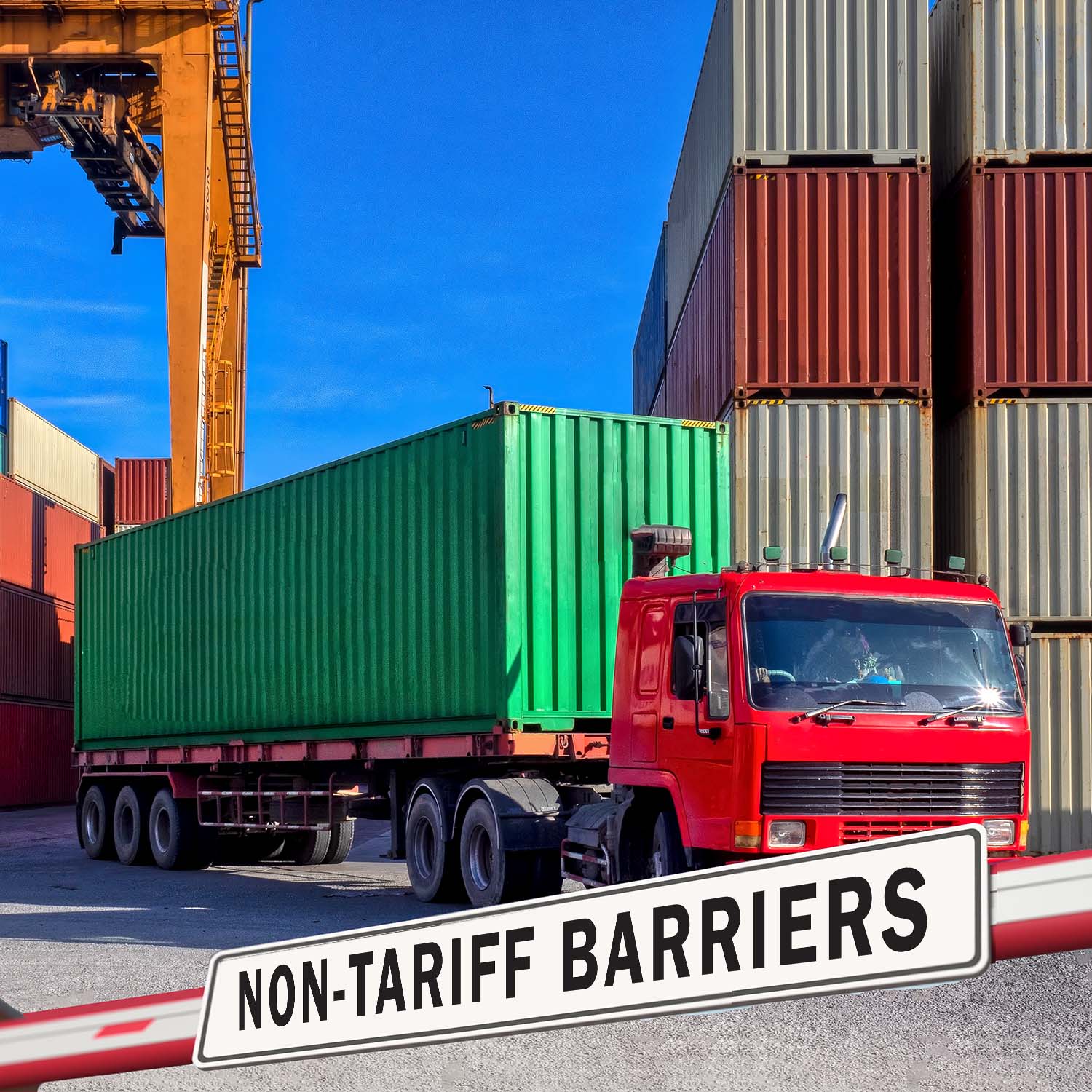Import: Non-Tariff Barriers
Import Licensing
Currently, approximately 40 items are subject to import licensing; most of these are controlled by non-automatic licensing. The import licenses must be requested from and approved by the Foreign Trade Department, Ministry of Commerce, prior to the arrival of the shipment. Unless specified otherwise on the license, an import license is usually valid for three months from the date of issuance.
Taxation
Thailand's complex and nontransparent tax administration system creates a variety of trade barriers. The excise taxes are high on items such as unleaded gasoline, beer, wine, and distilled spirits. When import duties, excise taxes, and other surcharges are calculated, the cumulative tax burden on most imported spirits is approximately 400 percent. Thailand's domestically manufactured goods are heavily supported by its tax structure.
Customs Barriers
There are two major barriers for international trade in Thailand:
- Lack of transparency in the Thai customs regime
- The Royal Thai Customs Director General retains the significant authority and discretion to arbitrarily increase the customs value of imports. This leads to higher tax outflow for the importer.
Government Procurement
Public-sector procurement for ministries and state-owned enterprises is governed by a specific set of rules commonly referred to as the "Prime Minister's Procurement Regulations." These regulations encourage nondiscriminatory treatment and open competition for all potential bidders. Typically, state enterprises and ministries apply for additional procurement policies and practices. Preferential treatment is provided only to domestic suppliers.
Government agencies and state enterprises can accept or reject any or all bids at any time. They can also modify the technical requirements during the bidding process. The latter provision allows considerable leeway to government agencies and state-owned enterprises in managing procurements. In addition, Thailand, while a founding member of the World Trade Organization (WTO), is not a signatory to the WTO's Agreement on Government Procurement.
Intellectual Property Rights (IPR)
Thai exports include an increasing volume of pirated and counterfeit products manufactured in Thailand. Numerous institutional problems contribute to IPR issues.
- Lack of sustained and coordinated enforcement and lack of successful prosecutions are two major problems in Thailand.
- Thailand's patent office lacks sufficient resources to keep up with the volume of applications. This problem is indicated by the fact that patent examinations can take more than five years for approval.
- Thailand does not have an adequate system for marketing approvals of pharmaceutical copies, even in cases where a valid patent exists.
- Trademark counterfeiting also remains a serious problem, particularly in the area of apparel and accessories.
Investment Barriers
The Foreign Business Act (FBA) lays out the overall framework governing foreign investment in Thailand. The FBA prohibits majority foreign ownership of investments in most of the sectors.
Under the US-Thai Treaty of Amity and Economic Relations (AER), Thailand may limit US investment in only the following areas:
- Communications
- Transportation
- Fiduciary functions
- Banking involving depository functions
- Exploitation of land or other natural resources
- Domestic trade in indigenous agricultural products
Telecom Industry Barriers
The telecommunications industry in Thailand is undergoing transformation as part of the government's "Thailand 4.0" policy and National Digital Economy Policy and Plan. Key elements of this transformation include expanding broadband connectivity nationwide, building a regional internet gateway, and deploying 5G services. Challenges include enhancing the current infrastructure, like increasing the number of submarine cable lines. The industry offers opportunities in areas such as cloud computing, telecommunications infrastructure, network management, security solutions, and the Internet of Things (IoT).
Pharmaceuticals
In the pharmaceutical sector, the Government Pharmaceutical Organization (GPO) is not subject to registration requirements faced by the private sector. Similarly, when producing and marketing generic formulations of drugs marketed in foreign countries, GPO is exempted from fulfilling the Safety Monitoring Period (SMP) requirements.
Certain government requirements restrict the government hospitals' procurement and dispensing of drugs not on the "National List of Essential Drugs." Therefore, these requirements significantly constrain the availability of many imported products.
Sanitary and Phytosanitary (SPS) Measures
Sanitary and phytosanitary standards for certain agricultural products, such as poultry and beef, are applied in a nontransparent manner, often without prior notification. These standards are often more restrictive than the internationally recognized guidelines developed by the World Organization for Animal Health. The Thai government still maintains the requirement of inspecting individual slaughterhouse or farm facilities that export animals and animal products into Thailand.
Other Barriers
The Thai government retains the authority to control prices or set de facto price ceilings for 34 goods and one service. These goods and this service include staple agricultural products (sugar, cooking oil, condensed milk, wheat flour, and others), liquefied petroleum gas (LPG), medicines, student uniforms, and sound recordings.
Note: The above information is subject to change. Importers are advised to obtain the most current information from a customs broker, freight forwarder, or the local customs authorities.
Source: Office of the United States Trade Representative
Article written for World Trade Press by Taylor Holloran, Jennifer Goheen, and Nina Bellucci.
Copyright © 1993—2025 World Trade Press. All rights reserved.

 Thailand
Thailand 